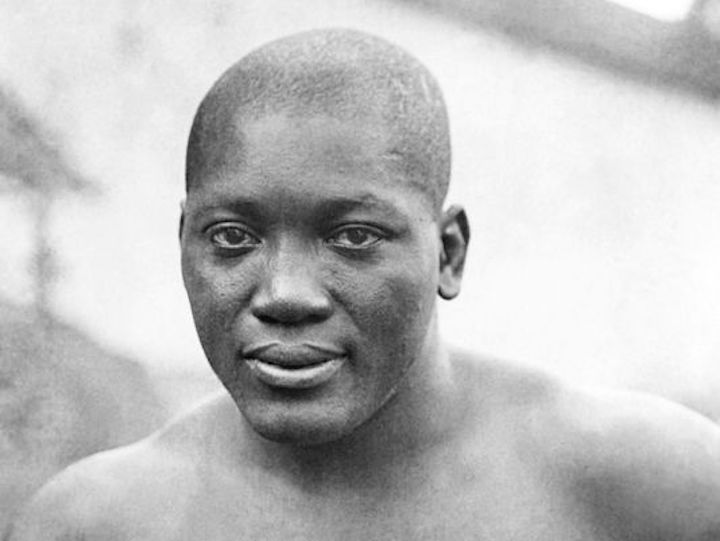Boxing Day, Australia, 1908. For the first time in history, a black man was fighting for the world heavyweight championship; this at the time, “the biggest prize in sports.”
It was the property of the “superior” white race, or it had been for so long. Jack Johnson, a man who was seemingly impervious to fear, was about to change things in one enormous, planet-shaking way.
Johnson had literally chased Burns all over the globe, constantly daring him to do the right thing and grant him a title shot. Johnson, grinning and boastful, was the best heavyweight on the planet, and he knew it.
Plenty of white folks knew it too, deep down, yet they would never admit to such a thing. Burns said he would fight “Golden Jack,” but only for the astronomical sum of $30,000 (close to a $1 million in today’s dough).
Burns, perhaps thinking he couldn’t lose – either nobody would ever be able to pony up that kind of cash. Therefore he wouldn’t have to face Johnson, or else he would become a wealthy man, whether he won the fight or was beaten – was finally trapped in Australia.

A fellow (a wealthy fellow) named Hugh McIntosh agreed to pay Burns the monster payday, and the fight was on. Only it didn’t turn out to be a fight at all, more a slaughter.
A slaughter that was so agonizing for the largely white audience to watch (not to mention painfully agonizing for the thoroughly battered, bemused, and broken Burns to have to endure), the police eventually piled in and stopped it.
Johnson decked Burns in the opening round and then proceeded to taunt him (Burns launched some disgusting racial taunts of his own).
Holding Burns up, carrying him, pounding him, and truly relishing his date with destiny, Johnson won every minute of every round. Finally, after 14 utterly one-sided sessions, the police said no more. Jack Johnson was the heavyweight champion of the world.
It wasn’t long before “white hope” after “white hope” was thrown in with Johnson, the hope being the white man would regain what was rightfully his. Instead, Johnson left carnage in his wake.
The world had changed and not merely the sporting world. Reading about Johnson today, hearing about his exploits, his refusal to compromise, his inability or inclination to “stay quiet,” with Jack instead flaunting his talents, his wealth, and his arrogance, it is almost unbelievable he wasn’t killed.
Johnson was indeed fearless. In and out of the ring.
